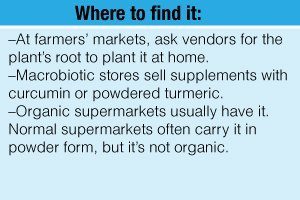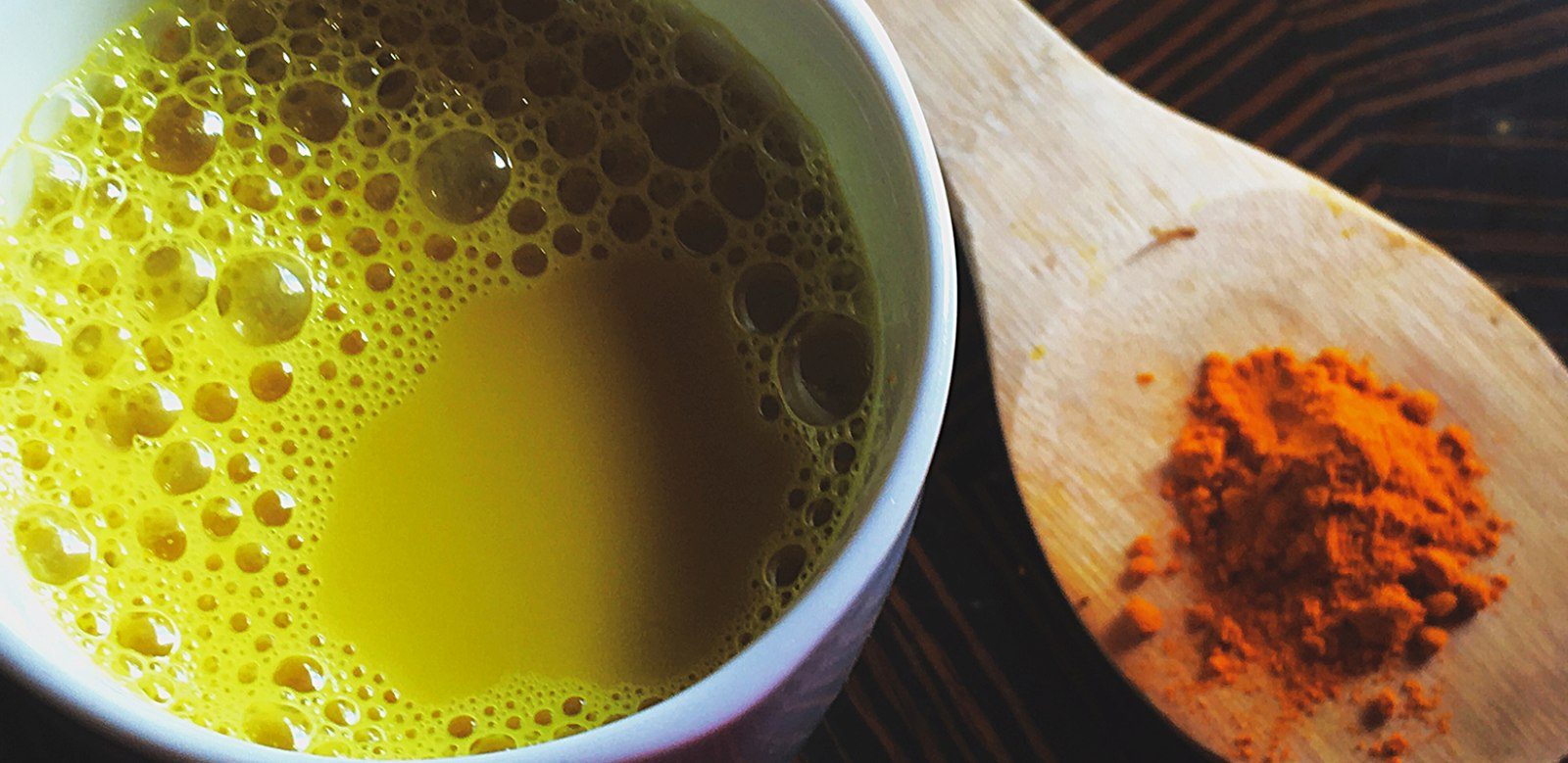
Curcuma longa is a species of herbaceous plant native to southwestern India that not only adds an intense yellow coloring to food but also a moderately spicy, fresh flavor.
For centuries, some systems of ancestral medicine such as Ayurveda have utilized fresh and powdered turmeric to promote health.
The plant’s rhizome, or root extraction, has been used as food coloring and flavoring for centuries. Cultivating turmeric at home isn’t complicated. The plant can grow up to 1 meter tall, and grows well in the tropics in temperatures ranging from 20-30°C. In Guanacaste – and in Costa Rica in general – it easily grows as long as you maintain an appropriate humidity level and water it adequately and abundantly, two of the most important factors for its cultivation.
While the root is increasingly used in Costa Rican kitchens and around the world, it’s also recognized for its healing powers. Several studies reviewed by The Voice of Guanacaste affirm the medicinal powers of this plant. The main reason it has captured so much attention is because of the properties of its primary component, curcumin. Following are some of the benefits discovered by science:
1. It’s your liver’s best friend. Curcumin has substances that regenerate and protect the liver. A study by the Medical Association of Thailand links this substance to an effective fight against cancer and an improvement of the organ’s fibrous tissue, as well as to the regeneration of affected hepatic cells. Curcumin also is linked to improvements in gallbladder health.
2. It’s a treatment for some types of cancer. Curcumin is important nourishment against cancer, as it blocks the development of cells and promotes apoptosis (cell self-destruction), differentiating between carcinogenic cells and normal ones. At the same time, it can halt metastasis (spreading of cancer from one organ to another), according to the findings of a 2011 study by the University of Texas Anderson Cancer Center.
3. It’s a remedy for different types of arthritis. According to the Arthritis Foundation, curcumin eases pain, swelling and stiffness associated with rheumatoid arthritis and osteoarthritis.
4. It’s a natural antidepressant. Curcumin’s antioxidant and anti-inflammatory properties can be used as a complementary tool in the treatment of depression, according to a 2014 study published in the Journal of Affective Disorders.
5. It’s antiviral, antimicrobial and antifungal. According to the 2014 edition of the magazine BioMed Research International, several studies have shown that curcumin acts against a range of bacteria and microbes. Consuming it has antiviral, antimicrobial and antifungal effects.
6. It’s versatile for diverse dishes. The extract of this plant can be consumed in many forms. You can add it to water, soups, drinks, milk and vegetables. You can even use it topically to treat skin problems such as cuts, burns and acne.








Comments